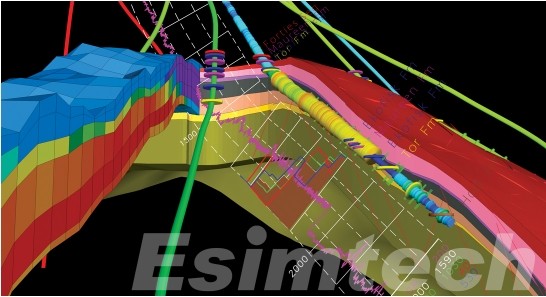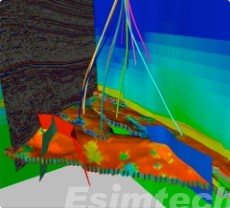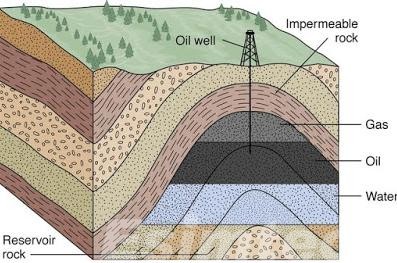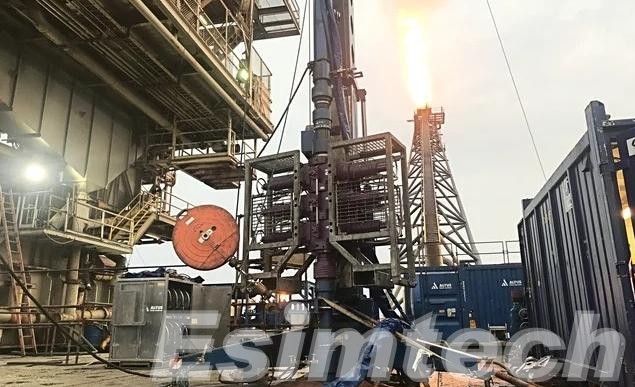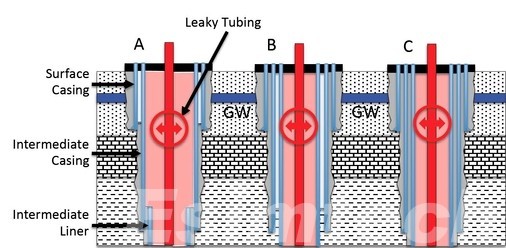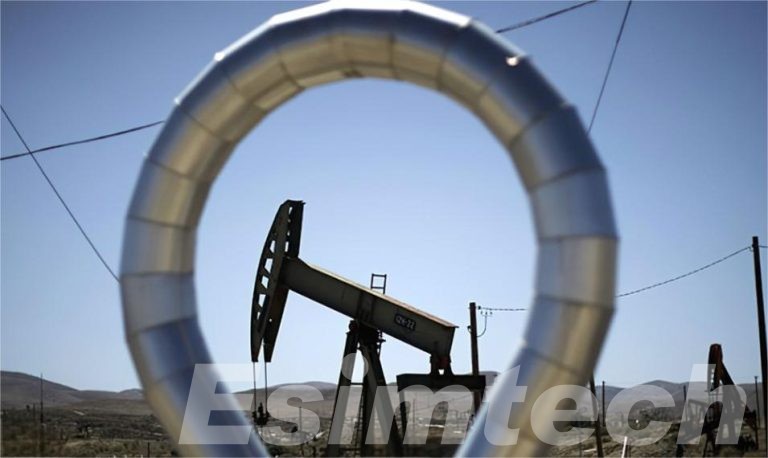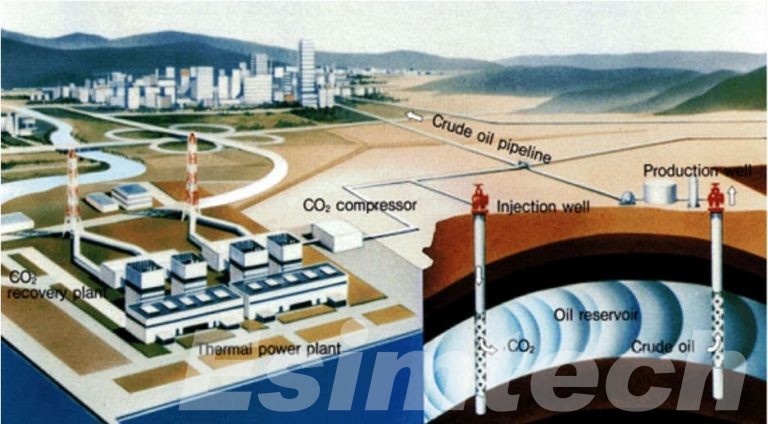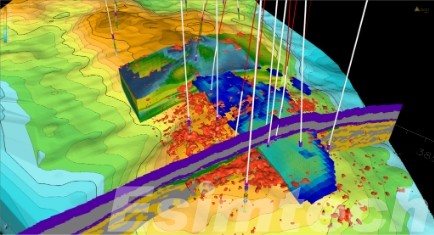Oil and Gas Directional Drilling: What are the Key Techniques and Why Simulation is an Invaluable Tool
Directional drilling techniques have long been used in the oil and gas sector to access lucrative hydrocarbon deposits beneath the Earth’s surface. Directional drilling, a technology that has advanced greatly over the years, enables operators to access areas that were previously thought to be unreachable using conventional drilling methods. This article explores the world of…


